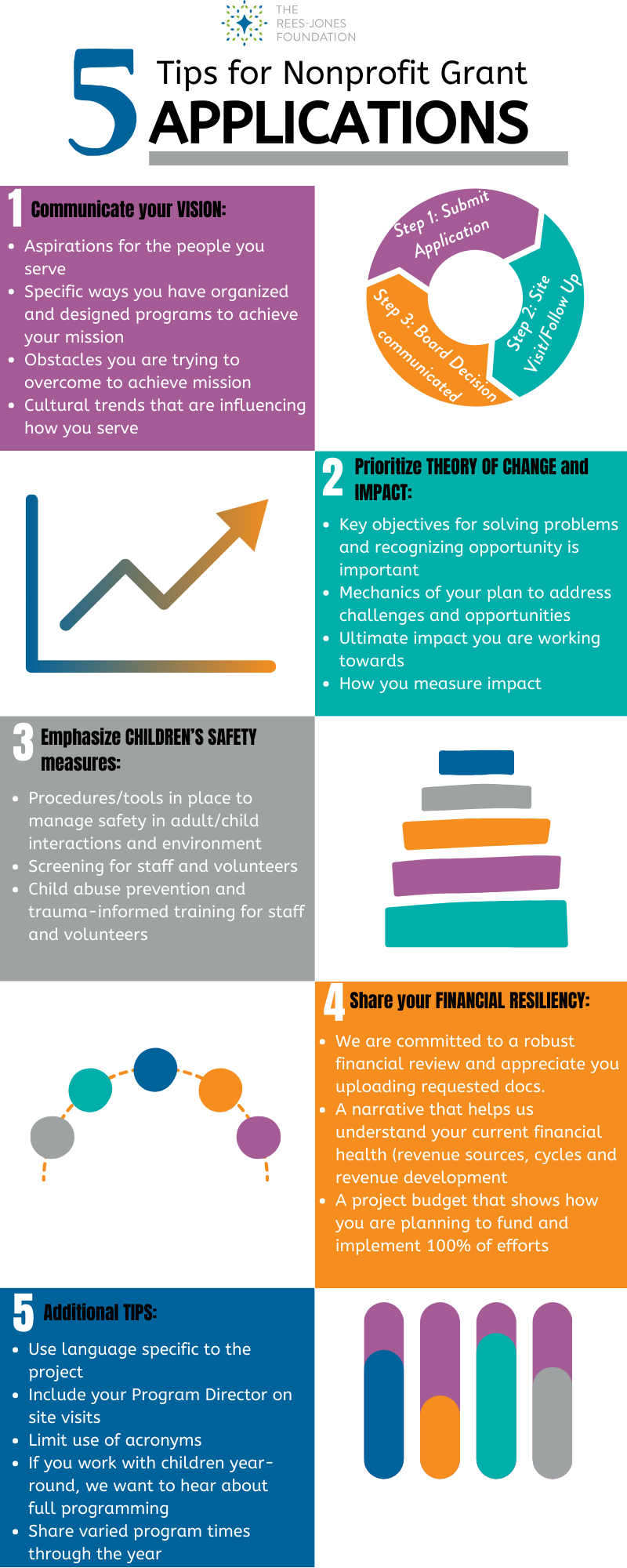2024Q1
"The King will reply, 'I tell you the truth,
whatever you did for one of the least of
these brothers of mine, you did for me.'"
whatever you did for one of the least of
these brothers of mine, you did for me.'"
-Matthew 25:40<

HEART HOUSE
can now expand their outreach in Vickery Meadow after Dallas City Council voted to expand the areas child and adult care facilities could operate without a specific use permit.
HOPE COTTAGE
opened its new East Dallas maternal medical clinic in partnership with HHM Health to offer cost-efficient services.
JEWISH FAMILY SERVICE OF GREATER DALLAS
held ribbon cutting at it’s new Northpoint Health Center as it expects to serve 55,000 individuals by 2028.
MY POSSIBILITIES
saw their first class of culinary track HIPsters receive their certificates from the food handler essentials in the Employee Innovations School.
YMCA
celebrated its groundbreaking for the new Park South facility which will provide childcare, swimming lessons, after-school programming and more for South Dallas.The Rees-Jones Foundation is a private foundation that works with non-profit organizations, primarily in North Texas, that provide programs that defend the welfare of children suffering from abuse or neglect, afford relief to those facing mental health challenges, provide youth with opportunities for enrichment and character development, encourage healthy families and communities, and promote the humane treatment of companion animals.
PRIVACY POLICY
COMMUNICATIONS POLICY
PRIVACY POLICY
COMMUNICATIONS POLICY
share this newsletter



